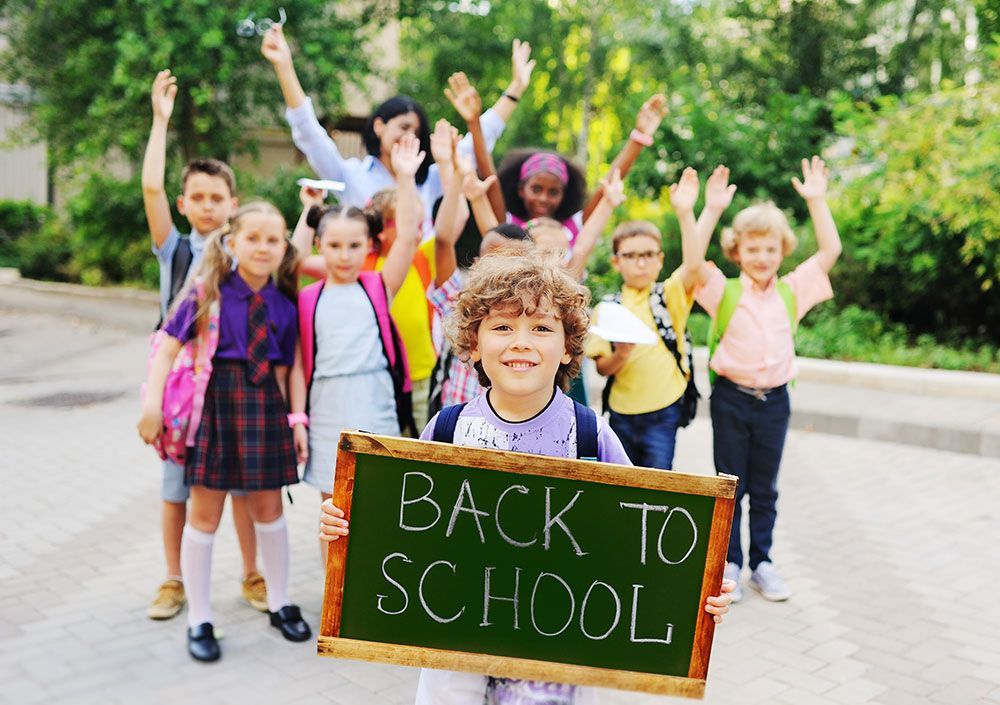



Executive skills help us regulate our behavior and allow us to execute daily tasks appropriately. Think of executive function as a chief officer of a company must do - analyze, organize, decide, and execute. Certain executive skills allow us to select and to achieve goals as well as develop problem solutions. There are patterns of strengths and weaknesses in executive skill development in all of us. However, if executive skill weaknesses are adversely impacting our performance at school or at work, it is important to address these issues so that we can succeed in an ever increasing complex world. In order to understand executive function, one must know the skills that are necessary for success. Executive functioning skills include:
Response inhibition, working memory, emotional control, and attention all develop early within the first 6 to 12 months of life. Children show planning skills when they find a way to get a desired object. Planning is more evident when a child walks. Between 12 and 24 months, flexibility is developed because children can react to change. Other executive skills, such as task initiation, organization, time management, and goal-directed persistence develop later, around preschool and early elementary school years. Around the time of puberty, the frontal part of the cortex of the brain matures, allowing individuals to perform higher level tasks such as analyzing, planning, organizing, adjusting, and completing task in a timely manner.
The neurological base for executive skills is the frontal brain systems, which includes the frontal and prefrontal cortex along with connections to adjacent areas. The prefrontal brain systems are among the last to fully develop, usually in late adolescence, and they are the final common pathway for managing information and behavior from other brain regions. A professional psychological assessment is the surest way to determine whether your child has executive function weaknesses.
Executive skill coaching is a collaborative process between a therapist and student that helps improve their executive skills. Coaching can help students set and achieve their goals, create an individual planning system, develop the skills to regulate emotions, identify strategies for enhancing strengths and acknowledging weaknesses. Students learn how to manage time and tasks, avoid distractions and temptations, and develop good work.




2700 Research Forest Dr. #130, The Woodlands, Texas 77381
Coming from 45, turn right into the visitor parking just before New Trails. If you miss it, turn right on New Trails and right into the first lot.